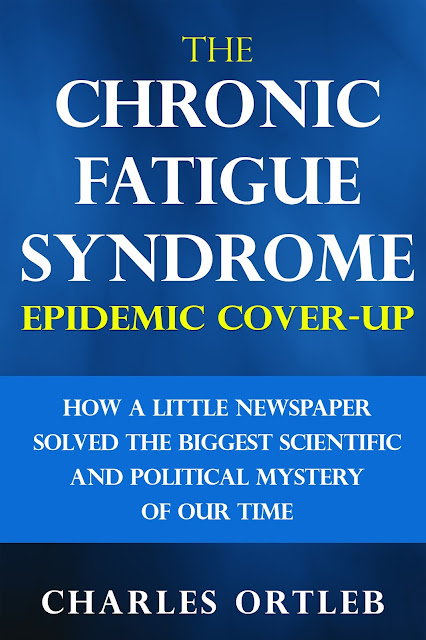Reduction of Adverse Effects by a Mushroom Product, Active Hexose Correlated Compound (AHCC) in Patients With Advanced Cancer During Chemotherapy-The Significance of the Levels of HHV-6 DNA in Saliva as a Surrogate Biomarker During Chemotherapy.
http://www.ncbi.nlm.nih.gov/pubmed/24611562
Abstract
Chemotherapy
improves the outcome of cancer treatment, but patients are sometimes
forced to discontinue chemotherapy or drop out of a clinical trial due
to adverse effects, such as gastrointestinal disturbances and
suppression of bone marrow function. The objective of this study was to
evaluate the safety and effectiveness of a mushroom product, active
hexose correlated compound (AHCC), on chemotherapy-induced adverse
effects and quality of life (QOL) in patients with cancer. Twenty-four
patients with cancer received their first cycle of chemotherapy without
AHCC and then received their second cycle with AHCC. During
chemotherapy, we weekly evaluated adverse effects and QOL via a blood
test, EORTC QLQ-C30 questionnaire, and DNA levels of herpes virus type 6
(HHV-6) in saliva. The DNA levels of HHV-6 were significantly increased
after chemotherapy. Interestingly, administration of AHCC significantly
decreased the levels of HHV-6 in saliva during chemotherapy and
improved not only QOL scores in the EORTC QLQ-C30 questionnaire but also
hematotoxicity and hepatotoxicity. These findings suggest that salivary
HHV-6 levels may be a good biomarker of QOL in patients during
chemotherapy, and that AHCC may have a beneficial effect on
chemotherapy-associated adverse effects and QOL in patients with cancer
undergoing chemotherapy.















